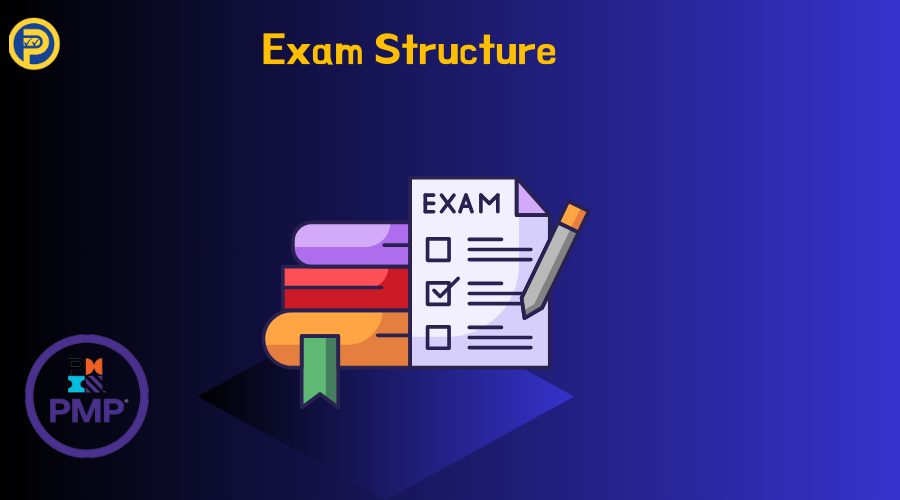The PMP certification exam presents a significant challenge due to its structured format and strict time limits. Candidates have 230 minutes to complete 180 questions, with an option for two breaks that can extend total test duration to 250 minutes.
Effective preparation that includes understanding the exam format, practicing under timed conditions, and developing a solid strategy for managing time can significantly enhance a candidate’s chances of success in obtaining this prestigious certification.
Start your preparation using our PMP Test Prep resources.
Total Time Including Breaks
In addition to the 230 minutes dedicated to answering questions, candidates are allowed two scheduled breaks of 10 minutes each. These breaks can be taken after completing 60 questions and again after 120 questions.
Therefore, if candidates choose to utilize both breaks fully, the total time spent on the exam can extend to 250 minutes, or about 4 hours and 10 minutes.
However, it is important to note that the exam clock continues to run during these breaks if candidates opt not to take them or if they exceed the allotted break time. This makes effective time management crucial for success.
Exam Structure and Question Types
The PMP exam is structured around three primary domains: People, Process, and Business Environment. Each domain has a different weightage in terms of the number of questions it contributes to the overall exam. Understanding this structure can help candidates prioritize their study efforts.

Question Formats
Candidates will encounter various question types during the exam, including multiple-choice, drag-and-drop, hotspot, and multiple response questions. This diversity in question formats increases the complexity of the exam and requires candidates to be well-prepared for different types of assessments.
Strategies for Time Management
Given the limited time available for answering questions, candidates should adopt effective strategies for managing their time during the PMP exam:
- Familiarize with Question Types: Understanding different question formats can help speed up response times.
- Practice with Timed Exams: Taking practice exams under timed conditions can improve pacing and comfort with the exam format.
- Prioritize Questions: If uncertain about an answer, it may be beneficial to mark it for review and move on rather than spending too much time on any single question.
Check this out: Try PMP Free Questions
FAQS
What is the PMP Exam Pass Rate?
The PMP exam pass rate is not officially disclosed by the Project Management Institute (PMI), but estimates suggest it hovers around 60-75%. Historically, PMI indicated a passing score of 61% until 2005, after which they ceased publishing specific scores. The exam's difficulty varies for each candidate, affecting individual passing thresholds. Reports indicate that approximately 80% of candidates fail on their first attempt, highlighting the exam's rigor and the need for thorough preparation.
Is there a Timer in the PMP Exam?
Yes, the PMP exam includes a timer. Candidates have 230 minutes to complete 180 questions, which averages about 1 minute and 17 seconds per question. The exam is divided into three sections of 60 questions each, with optional 10-minute breaks between sections. The timer counts down continuously and only pauses during these breaks, meaning candidates must manage their time effectively throughout the exam to ensure they complete all questions within the allotted time.
What Happens if You Fail the PMP Exam Three Times?
If you fail the PMP exam three times within your eligibility period, you cannot reapply for the exam for one year. This penalty applies only if all three attempts are unsuccessful. During this time, you should analyze your performance, identify weaknesses from your score report, and develop a new study plan. After the one-year period, you can reapply for the exam with a fresh eligibility window and three new attempts. Utilizing PMI resources and possibly enrolling in a prep course can enhance your chances of success on subsequent attempts.

